WikiLeaks files expose alleged CIA hacking tools
CIA's tools can break into any kind of operating system, smart device or digital machine

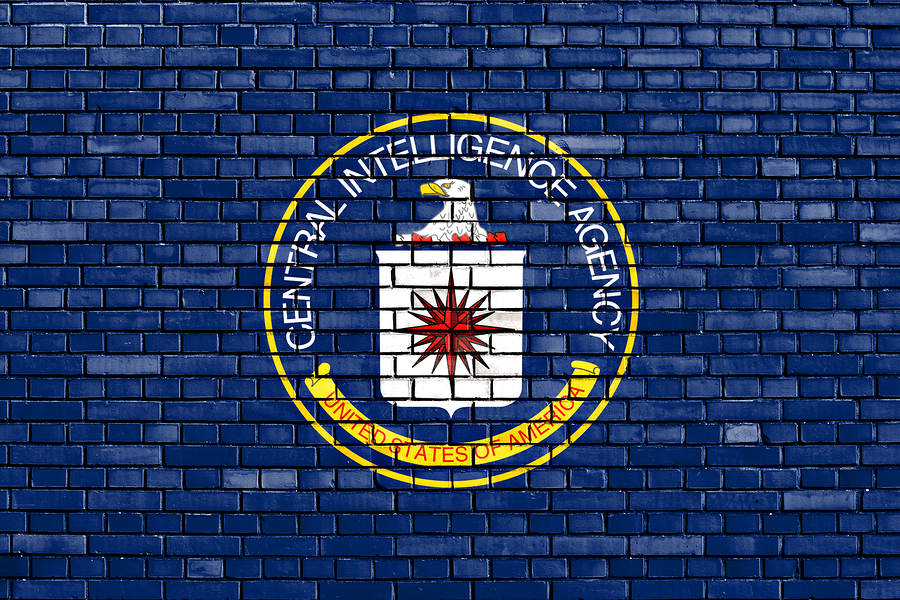
WikiLeaks has claimed the CIA can pretty much hack into any device, even smart TVs, with its range of hacking tools, designed to read and lift data from electronic devices.
The information obtained is "the largest ever publication of confidential documents on the agency," according to a statement released by WikiLeaks.
The first batch to be leaked, dubbed 'Year Zero' is comprised of 8,761 documents and files that reportedly detail how authorities have discovered a way to bypass the encryption in highly secure messaging platforms such as WhatsApp, Telegram and Signal. This is done by accessing the data on devices before encryption is applied on Android and using other methods on the iPhone, Microsoft Windows and even Samsung smart TVs. However, privacy campaigners dispute this claim.
The files were accessed via an internal network inside the CIA's Center for Cyber Intelligence in Langley, Virgina.
The engineering development group (EDG) is responsible for developing, testing and supporting the tools that the CIA uses for this type of surveillance. The EDG sits within the Center for Cyber Intelligence (CCI), which itself is a sub-department of the Directorate for Digital Innovation (DDI), one of the CIA's five major directorates.
One particular method of surveillance, dubbed "Weeping Angel", was developed by the CIA's embedded devices branch (EDB) and focused on turning Samsung smart TVs into covert microphones. When users think the TV is off, it's actually a 'fake-off' mode that records conversations and send them to a covert CIA server. It is believed that the CIA didn't act alone for this attack and worked in co-operation with MI5/BTSS (British Security Service).
WikiLeaks explained that the agency "lost control" of its hacking weapons, including malware, viruses, trojans, weaponised "zero day" exploits, malware remote control systems and associated documentation. Anyone finding the information could use it to launch a serious attack on anyone. However, the notes don't include the hacking files themselves, merely the information about how the CIA is believed to be using them.
Sign up today and you will receive a free copy of our Future Focus 2025 report - the leading guidance on AI, cybersecurity and other IT challenges as per 700+ senior executives
The anonymous source who sent the materials to WikiLeaks is apparently hoping that the documents will trigger a conversation about "whether the CIA's hacking capabilities exceed its mandated powers and the problem of public oversight of the agency," WikiLeaks said.
"There is an extreme proliferation risk in the development of cyber 'weapons'," said Julian Assange, WikiLeaks editor. "Comparisons can be drawn between the uncontrolled proliferation of such 'weapons', which results from the inability to contain them combined with their high market value, and the global arms trade.
"But the significance of 'Year Zero' goes well beyond the choice between cyberwar and cyberpeace. The disclosure is also exceptional from a political, legal and forensic perspective."
Read our analysis of the WikiLeaks revelations here.
Picture: Bigstock

Clare is the founder of Blue Cactus Digital, a digital marketing company that helps ethical and sustainability-focused businesses grow their customer base.
Prior to becoming a marketer, Clare was a journalist, working at a range of mobile device-focused outlets including Know Your Mobile before moving into freelance life.
As a freelance writer, she drew on her expertise in mobility to write features and guides for ITPro, as well as regularly writing news stories on a wide range of topics.
-
 Hackers are using LLMs to generate malicious JavaScript in real time
Hackers are using LLMs to generate malicious JavaScript in real timeNews Defenders advised to use runtime behavioral analysis to detect and block malicious activity at the point of execution, directly within the browser
-
 Developers in India are "catching up fast" on AI-generated coding
Developers in India are "catching up fast" on AI-generated codingNews Developers in the United States are leading the world in AI coding practices, at least for now
-
 AWS makes its Panorama Appliance generally available
AWS makes its Panorama Appliance generally availableNews The device helps increase quality control, optimize supply chains, and enhance consumer experiences
-
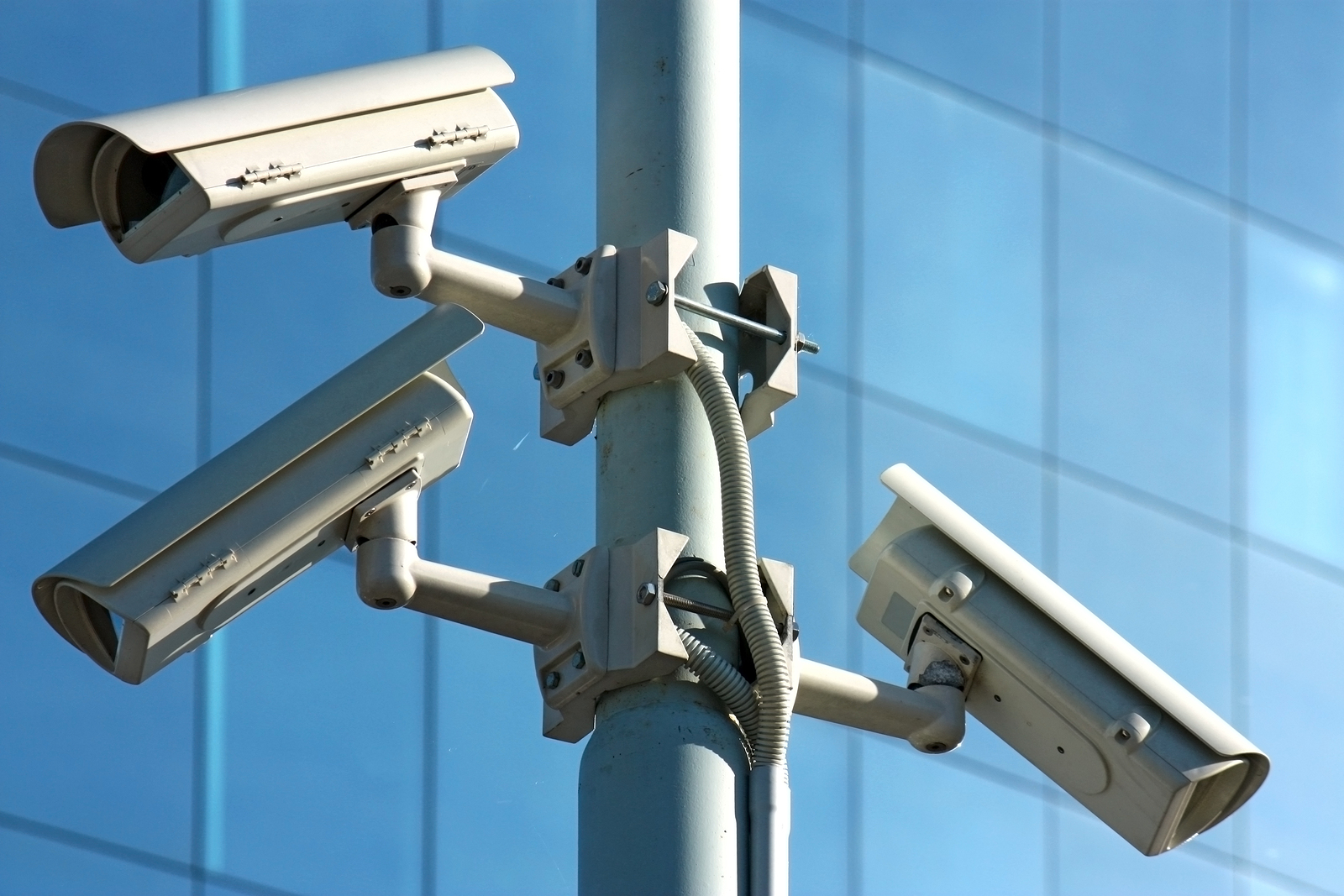 Eagle Eye Networks announces new editions of Cloud VMS
Eagle Eye Networks announces new editions of Cloud VMSNews The editions are suitable for small, medium, and large businesses
-
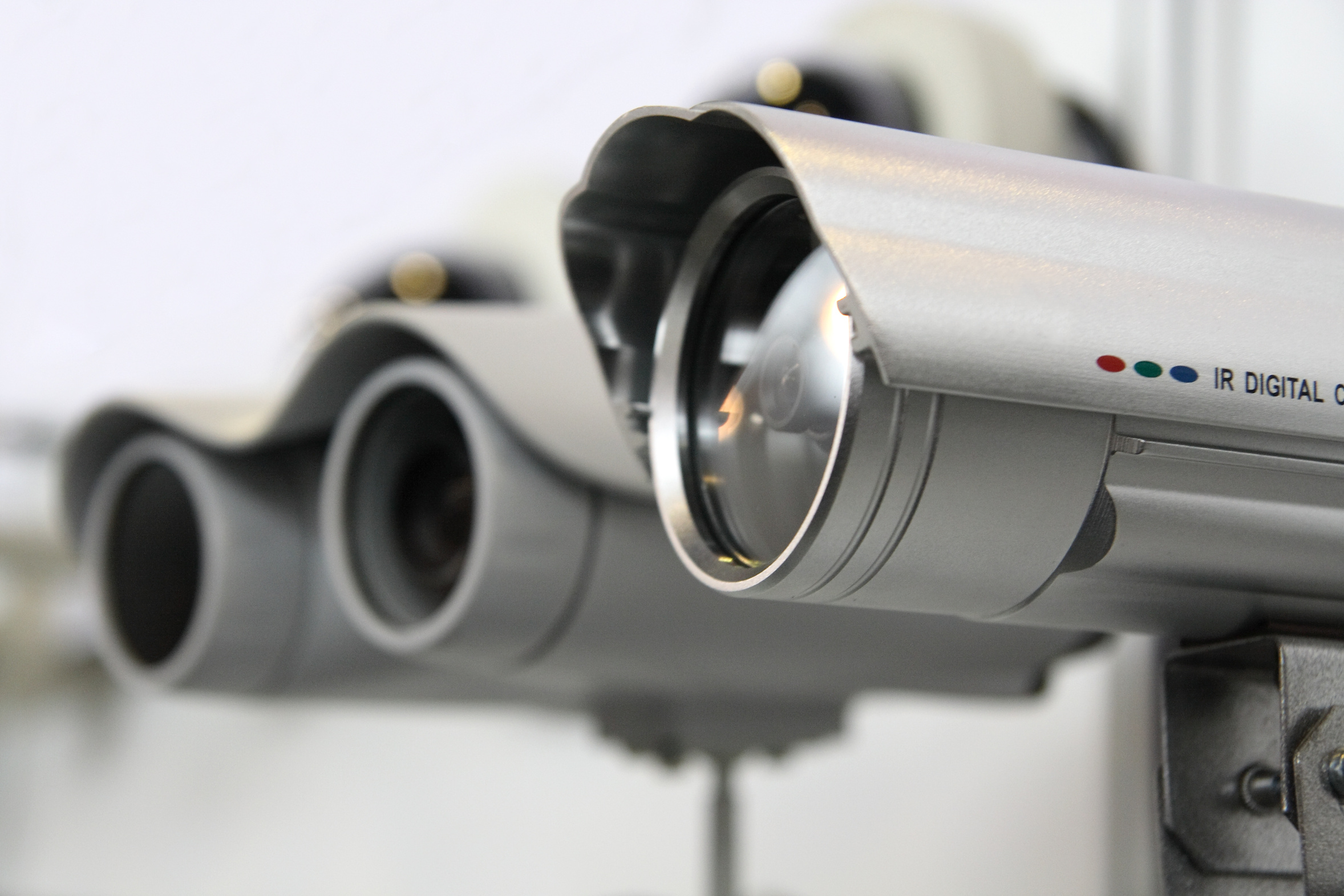 How to build a Raspberry Pi security camera
How to build a Raspberry Pi security cameraTutorials Build your own cut-price surveillance equipment
-
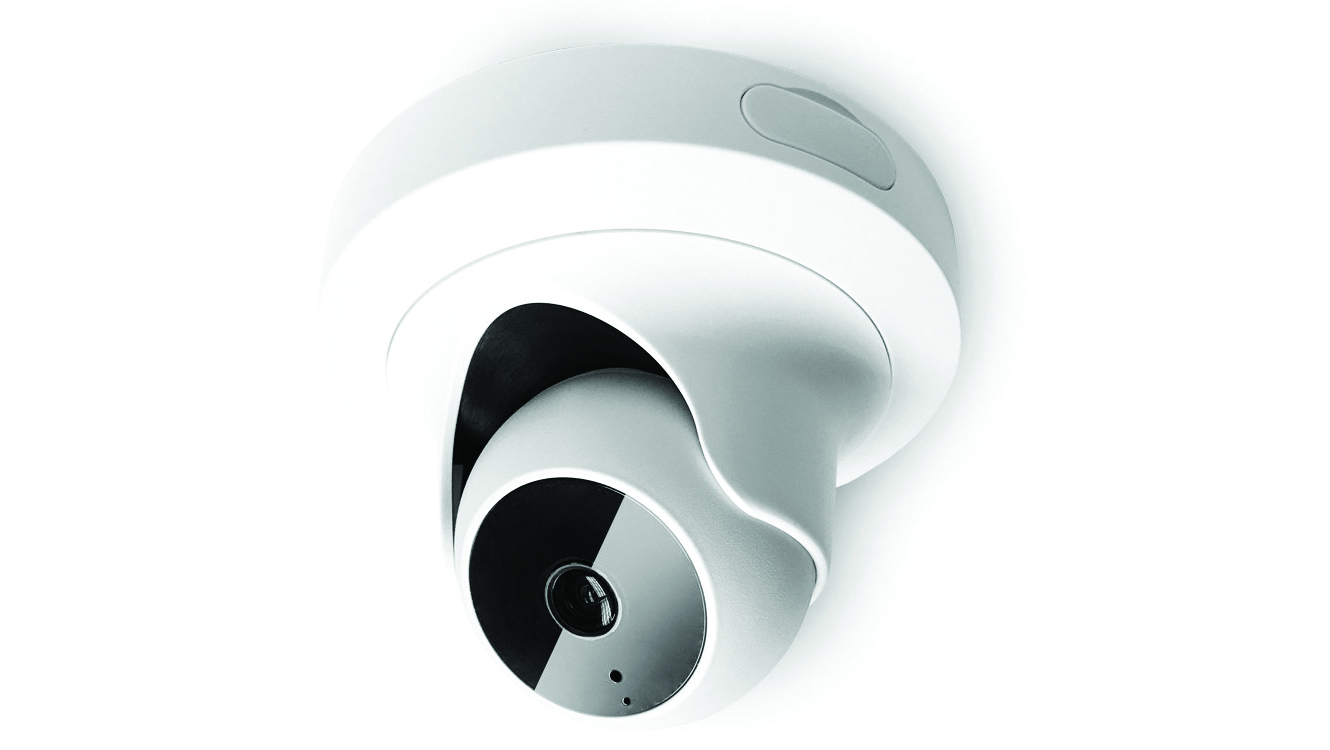
 EnGenius EL-EWS1025CAM review
EnGenius EL-EWS1025CAM reviewReviews A clever hybrid IP camera that combines video surveillance with a wireless AP and support for EnGenius’ Neutron WLAN meshing
-
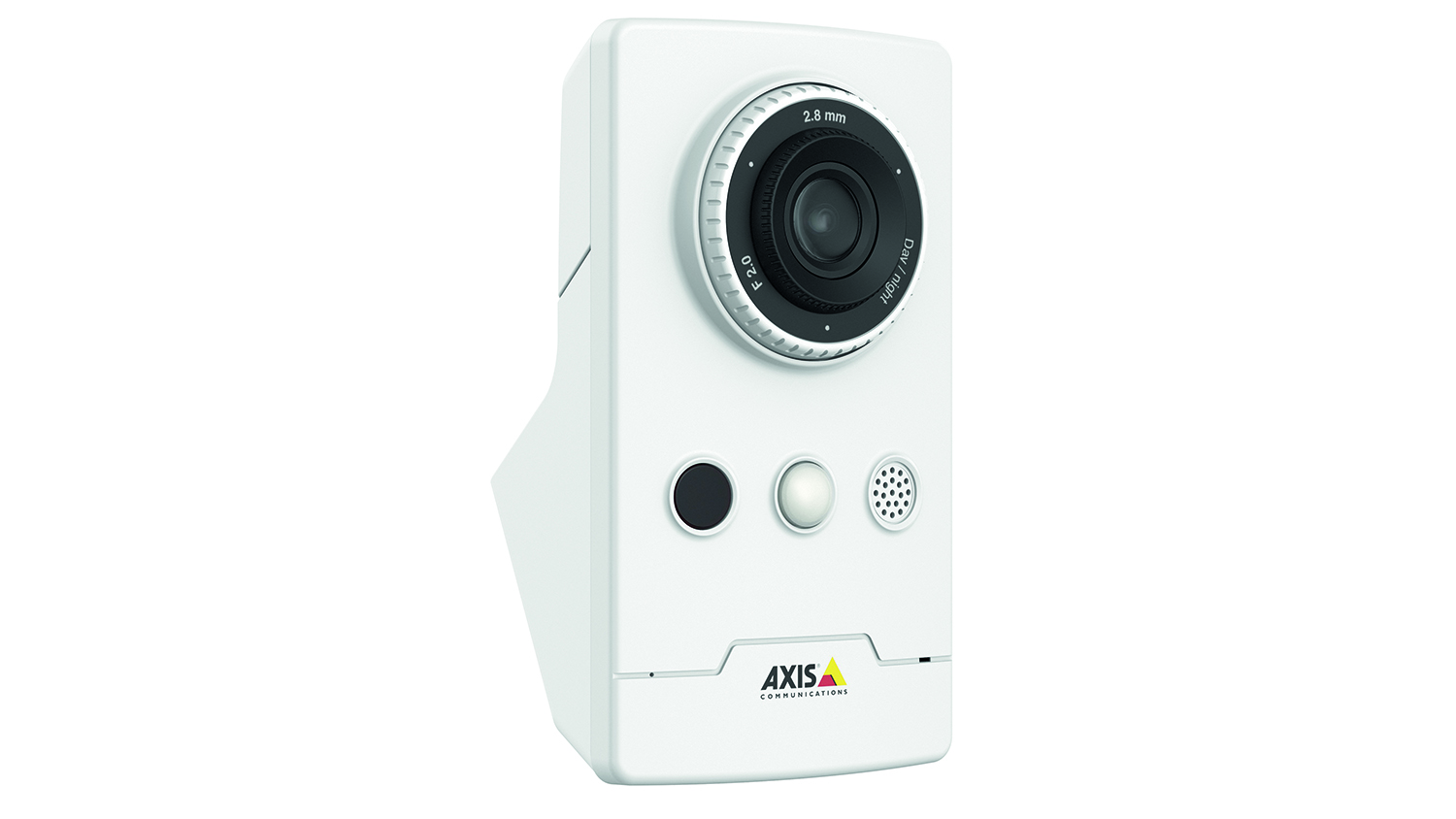
 Axis M1065-LW review
Axis M1065-LW reviewReviews It’s pricey, but this little 1080p camera simply won’t be beaten for video quality and surveillance features
-
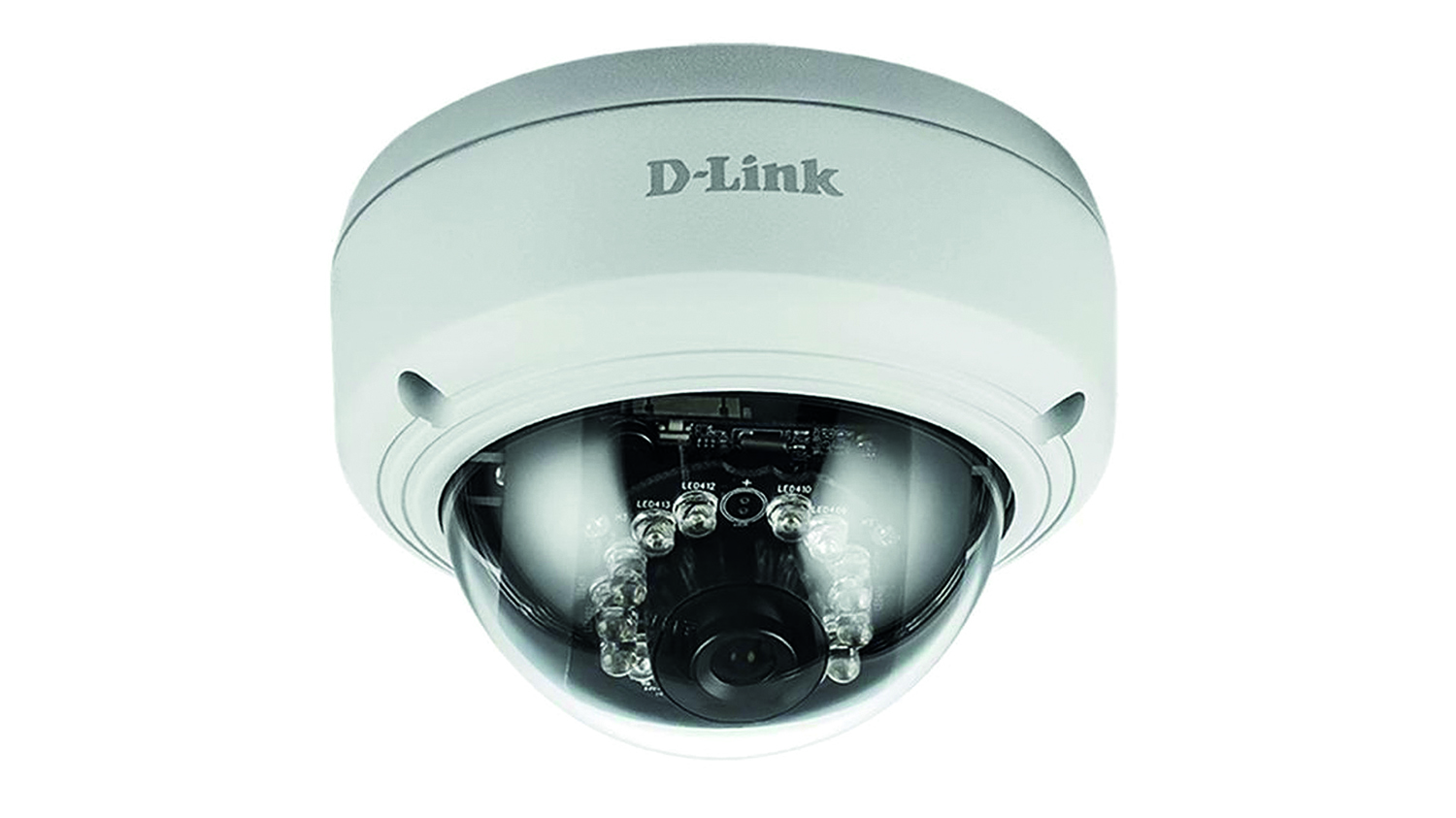 D-Link Vigilance DCS-4602EV review
D-Link Vigilance DCS-4602EV reviewReviews A very affordable outdoor IP camera that’s built like a tank, though image quality is merely adequate
-
 Big Data surveillance 'risks public's privacy'
Big Data surveillance 'risks public's privacy'News Commissioner looks to limit use of CCTV
-
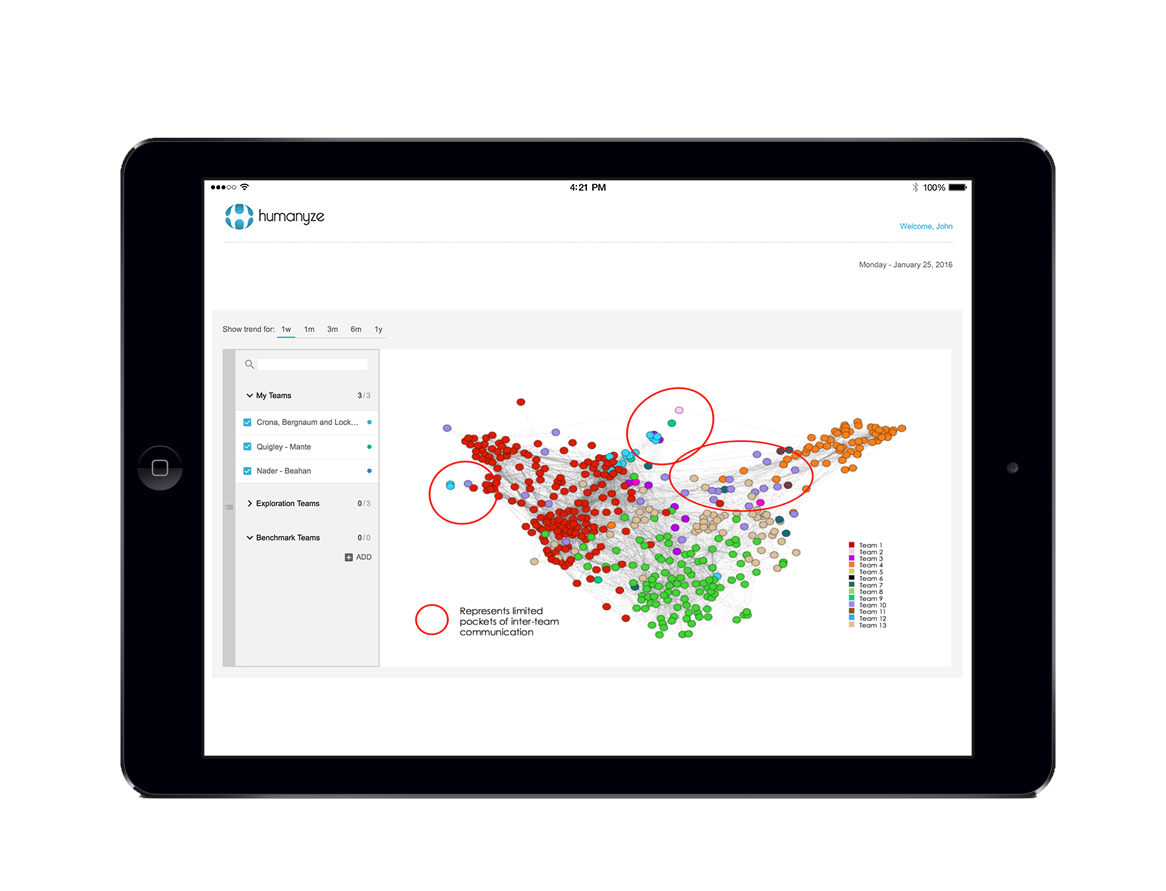 Workplace monitoring: would you let your boss track your mood?
Workplace monitoring: would you let your boss track your mood?Analysis Tracking tools by Humanyze are in use at British firms, raising concerns about in-office surveillance